753971
PBTTT-C14
Synonym(s):
Poly[2,5-bis(3-tetradecylthiophen-2-yl)thieno[3,2-b]thiophene]
About This Item
Recommended Products
Looking for similar products? Visit Product Comparison Guide
Related Categories
General description
Application
Legal Information
Storage Class Code
11 - Combustible Solids
WGK
WGK 3
Flash Point(F)
Not applicable
Flash Point(C)
Not applicable
Choose from one of the most recent versions:
Already Own This Product?
Find documentation for the products that you have recently purchased in the Document Library.
Articles
There is widespread demand for thin, lightweight, and flexible electronic devices such as displays, sensors, actuators, and radio-frequency identification tags (RFIDs). Flexibility is necessary for scalability, portability, and mechanical robustness.
Professor Chen (Nankai University, China) and his team explain the strategies behind their recent record-breaking organic solar cells, reaching a power conversion efficiency of 17.3%.
Our team of scientists has experience in all areas of research including Life Science, Material Science, Chemical Synthesis, Chromatography, Analytical and many others.
Contact Technical Service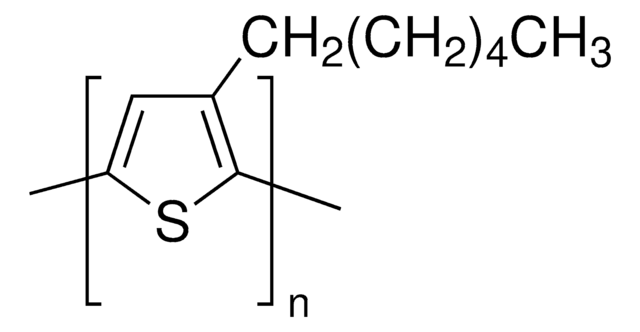
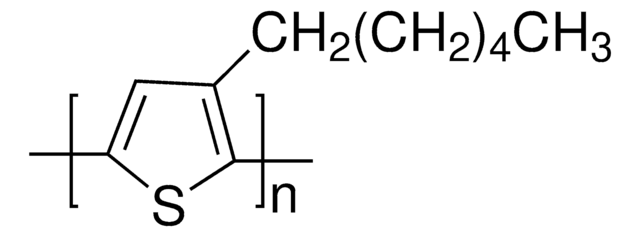
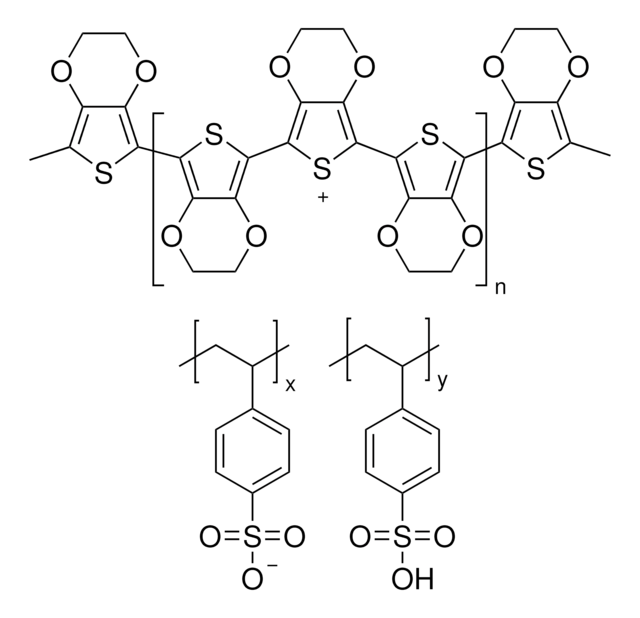
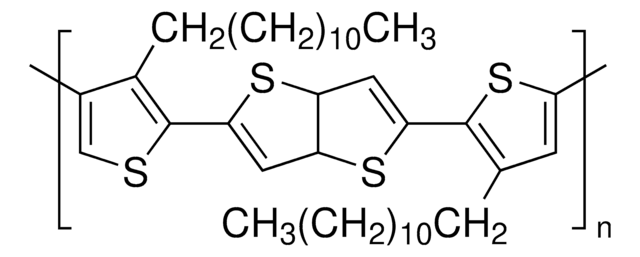

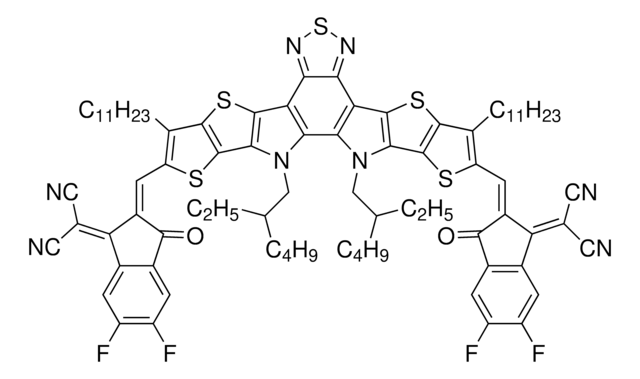
![Dinaphtho[2,3-b:2′,3′-f]thieno[3,2-b]thiophene sublimed grade, 99%](/deepweb/assets/sigmaaldrich/product/structures/196/451/8a650b8e-abbb-4ef1-9be4-73f223165062/640/8a650b8e-abbb-4ef1-9be4-73f223165062.png)

